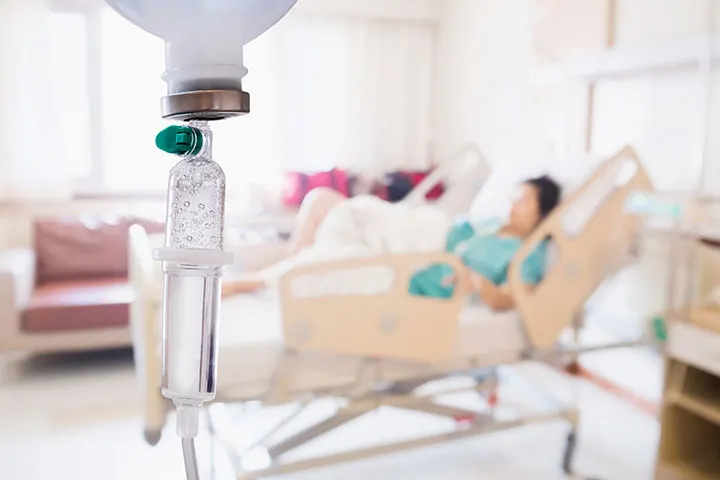Reasons to Embrace More Efficient Infusion Systems at Your Facility

In the United States of America, over 10,000 citizens reach the retirement age of 65 daily. Sound healthcare systems in the form of excellent expertise and efficient equipment help ensure that aging patients and many others receive the type of care they deserve. The invention of the infusion system has been a game-changer in how healthcare facilities deliver fluids, medications, blood, and blood products to their patients. Hospitals can now use an infusion system to provide accurate and consistent flow rates, more so for high-alert medications.
A typical infusion system consists of infusion pumps, including large volume pumps (LVP), syringes, and pain-controlled analgesia (PCA) modalities to help manage infusion data and streamline workflow. Given the advancements in the field of biomedical engineering, several types of medical pumps are now available for use.
Common Types of Pumps
Some infusion systems come with smart pumps that feature IV medication error-prevention software that alert operators when a risk of adverse drug interaction arises. Syringe pumps hold fluids in a reservoir, and a movable piston controls fluid delivery. Peristaltic pumps use a set of rollers to pinch down on a length of flexible tubing and push fluids forward. Other pumps such as elastomeric pumps employ the use of a stretchable balloon reservoir.
Some specialized infusion systems such as Alaris pumps have large volume infusion pumps capable of continuous fluid and medication delivery. Alaris pumps allow clinicians to attach up to four infusion modules, therefore, allowing four independent infusions in one unit. For patients who require direct access, external pumps deliver liquid nutrients and medications directly to the digestive tract. Diabetic patients may also benefit from insulin pumps specifically designed to deliver insulin in pre-set doses.
Advantages of IV Pumps
1. Accuracy and Continuity:
Before the dawn of infusion pumps, IVs were typically done by hand. Every time a patient needed fluid administered, nurses had to measure out doses and deliver them personally and manually. Now, with modern infusion pumps, it’s as simple as programming the pumps to deliver a specific amount of fluid at a particular time and rate. The ease of programming has improved the accuracy of drug administration while simultaneously ensuring the continuity of administration.
2. Greater Safety:
Manual fluid and drug administration have their fair share of risk in the form of human error. Even with years of experience, there remains a possibility of slight miscalculations. Infusion pumps significantly minimize the risk of either under or over infusion, greatly enhancing patient safety. This feature allows medical practitioners to create safer standards for drug concentrations given to patients.
Buying Vs. Leasing
For a lot of healthcare facilities, one of the major debates centers around the option to buy medical equipment or lease it from a vendor. A lot of facilities opt to take the leasing route, and that comes down to one main factor: cost. Medical equipment is costly, and as the cost goes up, so does the proportion of equipment that’s financed.
Aside from the cost, there’s also the factor of depreciation. Medical equipment, just like any piece of technology, loses value over time. Buying equipment, expensive equipment nonetheless, runs the risk of acquiring something that might quickly become obsolete. Leasing is the best way of ensuring physicians use up-to-date equipment at lower costs.
Leasing Options
With leasing, it’s possible for healthcare facilities to customize their agreements since the leasing agreements can be structured to match the needs of the facility. For instance, new facilities often face the challenge of cash flow for the first few months. Leasing agreements can, therefore, be structured in a way that the facility can skip payments for a designated number of months with gradually increasing payments over the next several months. Such agreements enhance sustainability.
Infusion systems are revolutionary pieces of equipment that have helped healthcare providers enhance patient care. At Med One Group, we provide custom and simple leasing options on a wide range of medical equipment for hospitals and clinics. Contact us today for a free quote on infusion systems.
